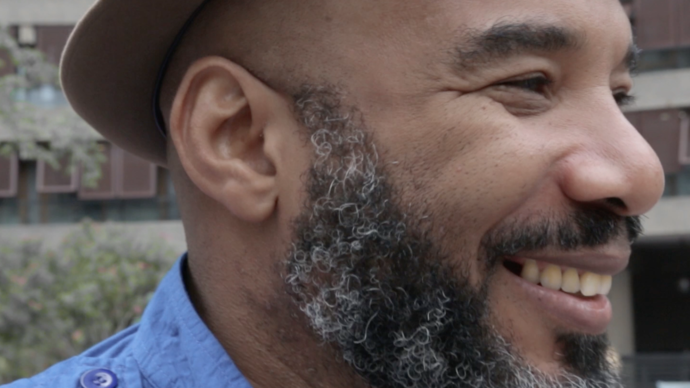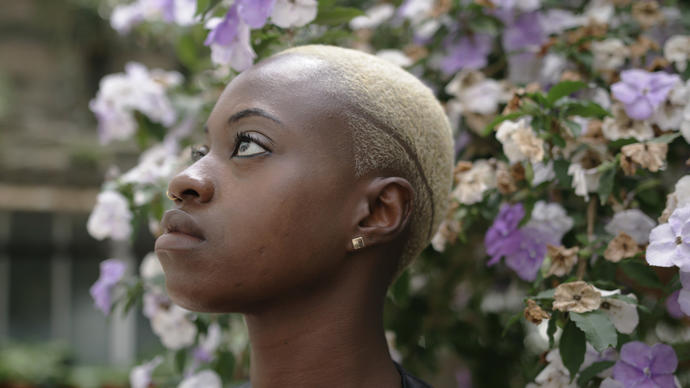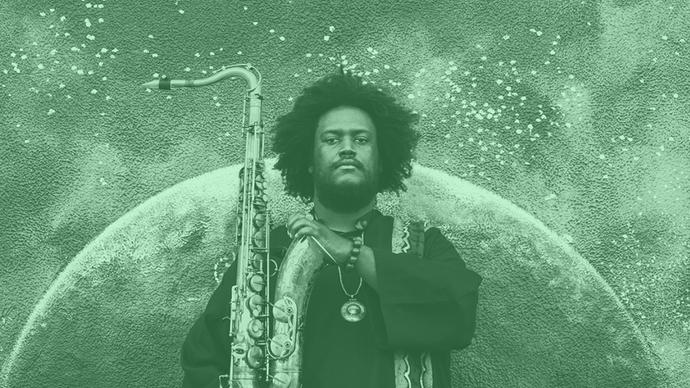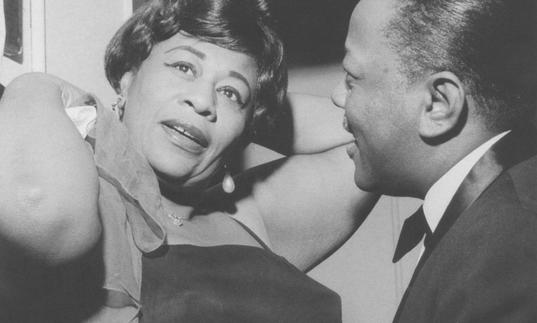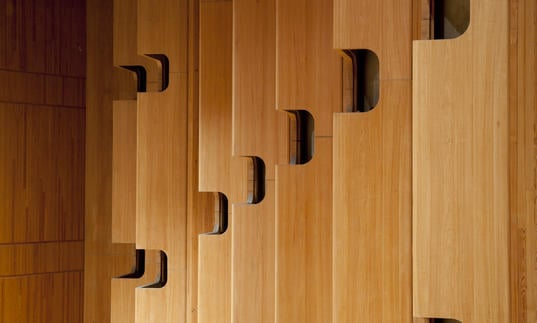On 22 June 1948, passengers disembarked from the HMT Empire Windrush at Tilbury Dock in Essex. Several hundred of these passengers had boarded the ship in Kingston, Jamaica, and many had travelled from around the Caribbean to Britain: a country inviting immigration from Commonwealth nations as it sought to rebuild itself after WWII. The Windrush generation and its legacy marked a vital sea change for British culture. Tonight, British-Trinidadian poet, novelist, musician and academic Anthony Joseph celebrates the far-reaching impact of the Windrush and the Caribbean diaspora in Britain, with a line-up that is evocative, inspirational and multi-generational.
‘How do we look at 70 years of musical and cultural impact?’ reflects Joseph, when asked about his starting point for the show. ‘Caribbean people have been coming to Britain since the 1800s, but since the 1940s, the diaspora has gone through a series of waves of consciousness. The Windrush generation was coming to what they considered the mother country, trying to fit in and find a place, yet experiencing rejection and denial. We need to address the fact that that the Caribbean is not just Jamaica; I wanted to look at the influence of Trinidad in the 1950s, and how calypso merged into jazz.
‘The generation of the 1960s and 70s were much more assertive: it brought radical voices like Linton Kwesi Johnson and Benjamin Zephaniah, who are now widely celebrated. Now we have 21st century musicians who can change, shift and critique paradigms, and question what it means to be British. All of the artists in this show play a part in an integrated narrative.’
Windrush: A Celebration brings together veteran music heroes including the rich tones of feminist trailblazer Calypso Rose, the legendary Mighty Sparrow, and radical rhythm poet Brother Resistance (Network Riddim Band), along with new gen talents such as Warp-signed Brixton producer Gaika, whose heady sound melds digital dancehall, dub and grime.
The musical centrepiece is the Windrush Suite: a brand-new composition by Joseph’s long-time collaborator and award-winning saxophonist Jason Yarde, drawing on vast themes and personal connections – in Yarde’s case, his own family’s Guyanese heritage.
‘Each movement has a title and a different story,’ explains Yarde. There’s a kind of fusion at the centre of everything; certainly, there’s jazz in there – I felt it was important for all the musicians to have an opportunity to express themselves. We can cover lots of different places; there’s a wide sound palette for a relatively small band. There’s a strong rhythm section, and it was definitely important to have steel pan in there.’
Multi-screen visuals are designed by the ever-innovative Derek Richards (Black Top, Cage Street Memorial): a musician turned multi-media artist, who describes himself as a direct descendent of the Windrush generation.
‘Britain was transformed by its opening up to Caribbean influences, and communication channels extended to the world,’ says Richards. ‘It changed visual culture, and the way people spoke; it spawned new music out of symbiotic relationships, including ska and hip hop. The visuals for this show reflect that ongoing migration that was once physical, and now continues electronically.’
The bill also naturally lends itself to big musical landmarks, including the much-loved songs of calypso pioneer Lord Kitchener, who had himself arrived in Britain on the Windrush, and whose life is the focus of Joseph’s recent novel/biography Kitch. Lord Kitchener’s anthemic ‘London Is The Place For Me’ is performed in two versions tonight: an homage to the 1948 original, and a 2018 reworking sung by Joseph’s 18-year-old daughter Meena, which highlights new layers and questions in the modern political climate.
‘I think we’ve seen that people like Theresa May were saying ‘London is not the place for me’,’ says Joseph, drily. He adds that tonight’s show was first conceived before the shocking emergence of the government Windrush scandal; this has seen Commonwealth nationals living and long established in Britain wrongly threatened with deportation and deprived of healthcare and work rights. ‘This isn’t about making grand political statements; we’re musicians, and we’re going to create something beautiful out of difficulties. But art is a reflection of the society that we live in, and you can’t celebrate Windrush without being aware that we have to address certain dark themes. The whole political upheaval adds another edge to where we were going. Of course, calypso has always been revolutionary music; there is sharpness behind the smile!’

